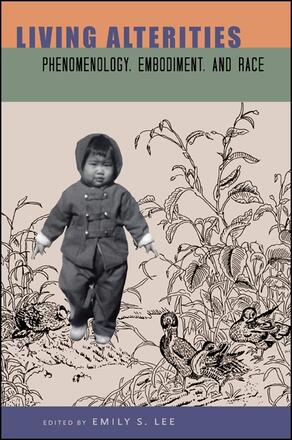
Living Alterities
Phenomenology, Embodiment, and Race
Alternative formats available from:
Philosophers consider race and racism from the perspective of lived, bodily experience.
Description
Broadening the philosophical conversation about race and racism, Living Alterities considers how people's racial embodiment affects their day-to-day lived experiences, the lived experiences of individuals marked by race interacting with and responding to others marked by race, and the tensions that arise between different spheres of a single person's identity. Drawing on phenomenology and the work of thinkers such as Frantz Fanon, Maurice Merleau-Ponty, and Iris Marion Young, the essays address the embodiment experiences of African Americans, Muslims, Asian Americans, Latinas, Jews, and white Americans. The volume's focus on specific situations, temporalities, and encounters provides important context for understanding how race operates in people's lives in ordinary settings like classrooms, dorm rooms, borderlands, elevators, and families.
Emily S. Lee is Associate Professor of Philosophy at California State University, Fullerton.
Reviews
"This is a valuable book for both graduate and undergraduate students in philosophy and race studies … Highly recommended. " — CHOICE